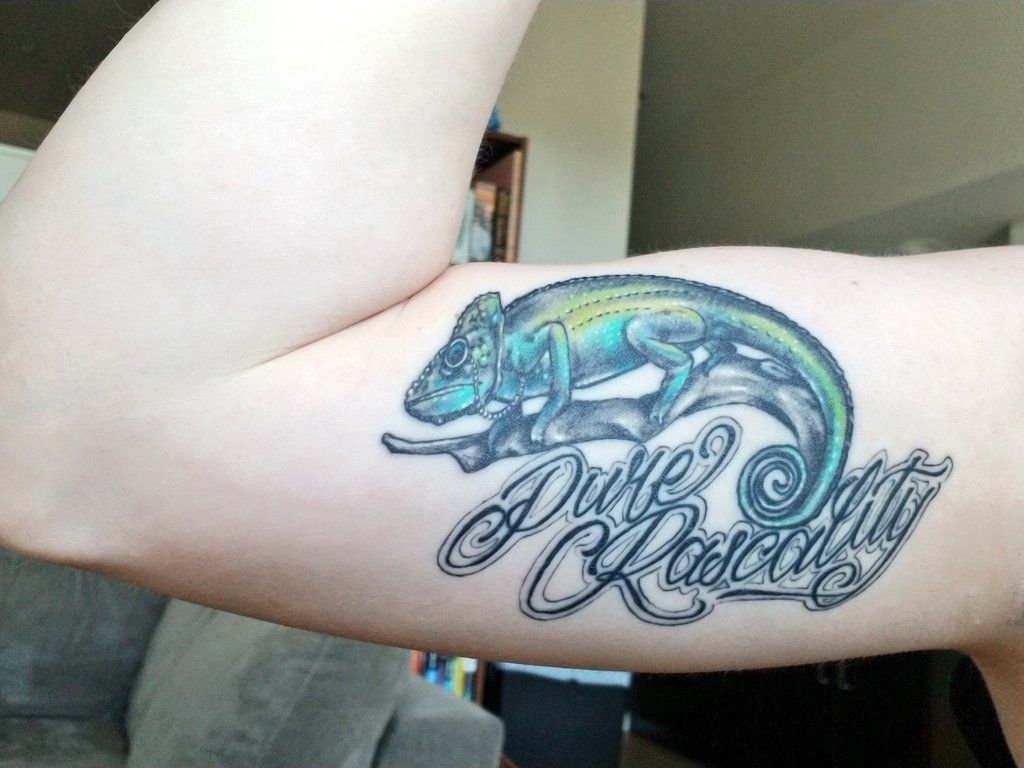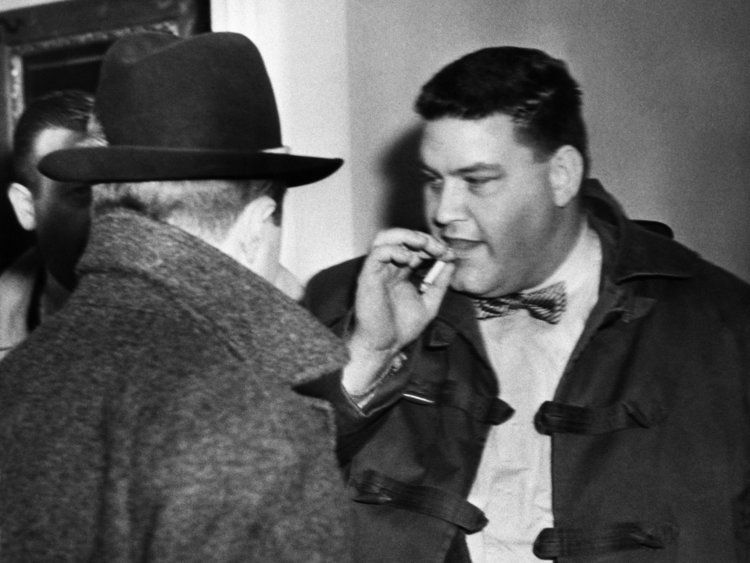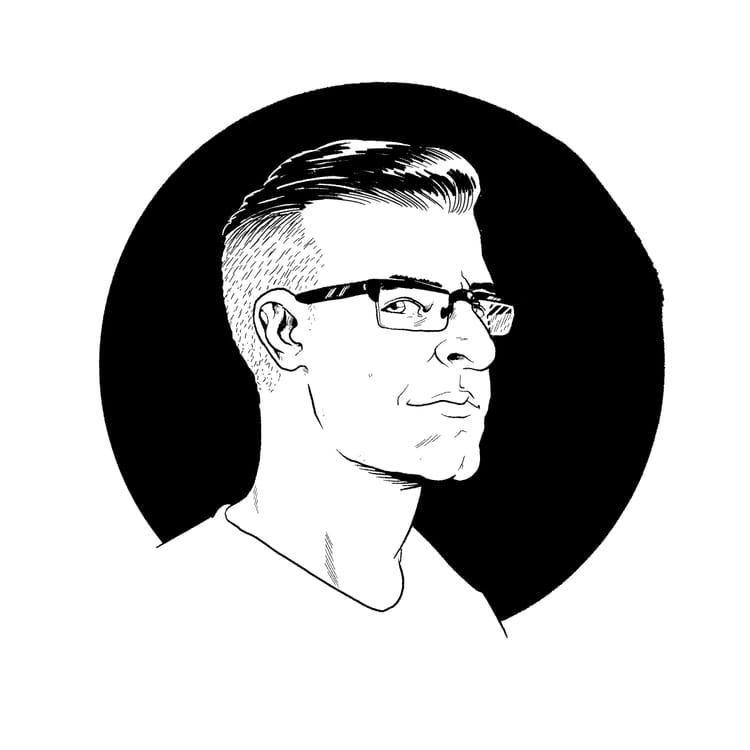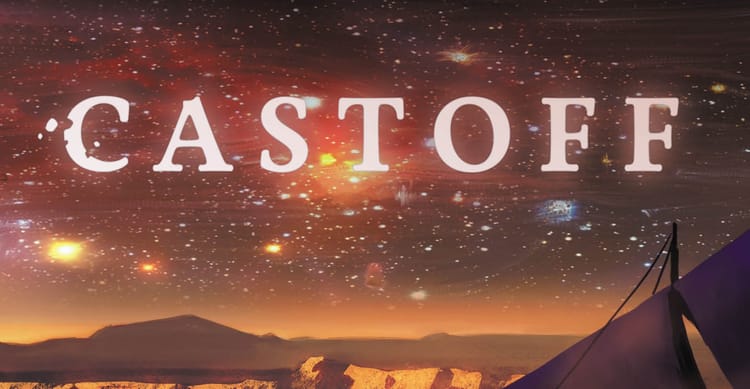Ferdinand Waldo Demara


Pure Rascality

That is my arm. There is a chameleon on it. He is wearing a monocle, because of some groundbreaking chameleon science that I will go into at a later time, and that you can hear me talk about on Drunk Safari if you are impatient.
The chameleon is standing over some fancy curly letters that say "Pure Rascality."
This is my newest tattoo, and I love it very much, which is why I'm going to tell you the story of Ferdinand Waldo Demara.

Ferdinand Demara was a brilliant con. He was played by Tony Curtis in The Great Impostor, which should be all rights be the greatest accomplishment a human being can attain. (In the eventual biopic of my life as a fugitive, I have asked my loved ones to please ensure that I am played by a young Tony Curtis. I am counting on science to find a way to make this possible.)
I have done many things in my life, but I have never successfully impersonated a psychiatrist, or a sheriff's deputy, or a civil engineer, or a prison warden, or any kind of monk. These are the thinnest highlights from Ferdinand Demara's career, which included a lot of stops at monasteries, because why not? Dude loved being a fake-monk. He had a photographic memory and a personal philosophy that set up the world as a mansion with an unlocked front door and no alarm system. Whatever life Demara decided he wanted, it was his for the taking. And a lot of the time, he wanted a life in a teaching monastic order.
But that's not what we're talking about today.
Today, we're talking about Ferdinand Demara's finest hour: his time as Dr. Joseph C. Cyr.
Joseph C. Cyr was a ship's surgeon in the Royal Canadian Navy, serving aboard the HMCS Cayuga during the Korean war. He also had a medical practice in New Brunswick. Miraculously, he did both of these jobs at the same time. It's almost as though he was in two places at once. How strange.
One day, a call came in to the Cayuga over the radio: sixteen combat casualties were on their way to the ship. They had suffered major injuries and would need immediate medical attention. It was an overwhelming scenario for everyone: sixteen casualties, and only one doctor on board the ship. It was an extra-overwhelming scenario for the actual doctor on the ship, because the Joseph Cyr who was on that ship was, in fact, Ferdinand Demara. Who had not gone to, you know, medical school or whatever.
Demara turned to the people who were staring at him and thinking "oh thank goodness we have a competent surgeon on board this here Navy vessel," and he enlisted their assistance. He told them to prep the incoming casualties for surgery, then said a quick BRB and dashed off to his bunk. He spent an absurdly short amount of time flipping through medical texts, scanning the instruction manual for the human body and memorizing the steps of the surgeries he would need to perform. He then proceeded to perform the surgeries, which included major thoracic surgery.
He was completely successful. Everyone he performed surgery on survived. He saved all sixteen casualties — an improbable accomplishment for any trauma surgeon, and an impossible one for a guy who wandered onto a ship using a fake name and skimmed a copy of Gray's a few minutes before picking up the scalpel.
When he was caught, Demara was asked why he pulled stunts like that one. Usually, if one is going to become an unbelievably accomplished con artist, one is looking to make any kind of a profit — but Demara never did, not from any of the amazing jobs he pulled off. So why did he do it?
His answer was simple. "Rascality, pure rascality."
Ferdinand Waldo Demara accomplished more for the sake of pure rascality than most people could in ten lifetimes. He saved lives and he founded schools and he learned everything he could about the world, and he did it for fun. That's why I've got this chameleon on my arm. It's a reminder. It's a reminder for me and now it's for you, too. Here's the thing for us to remember:
Me and you? We are never allowed to suffer from impostor syndrome again.
Because hell, if Demara could stroll onto a Navy ship and perform life-saving surgeries for the sheer why-not of it, what might we be able to accomplish? If we didn't doubt ourselves, didn't fear exposure, knew in our hearts that we were frauds but didn't care and did the thing anyway — what could we become?
Let's find out. Let's do it for fun. Let's be as bold as a chameleon and as brassy as legends in the making.
Pure Rascality.
— Gailey







Member discussion